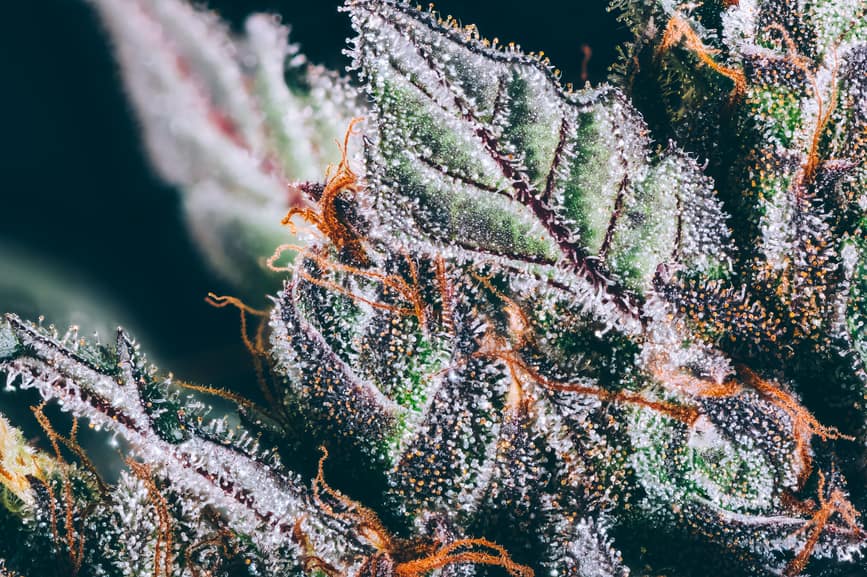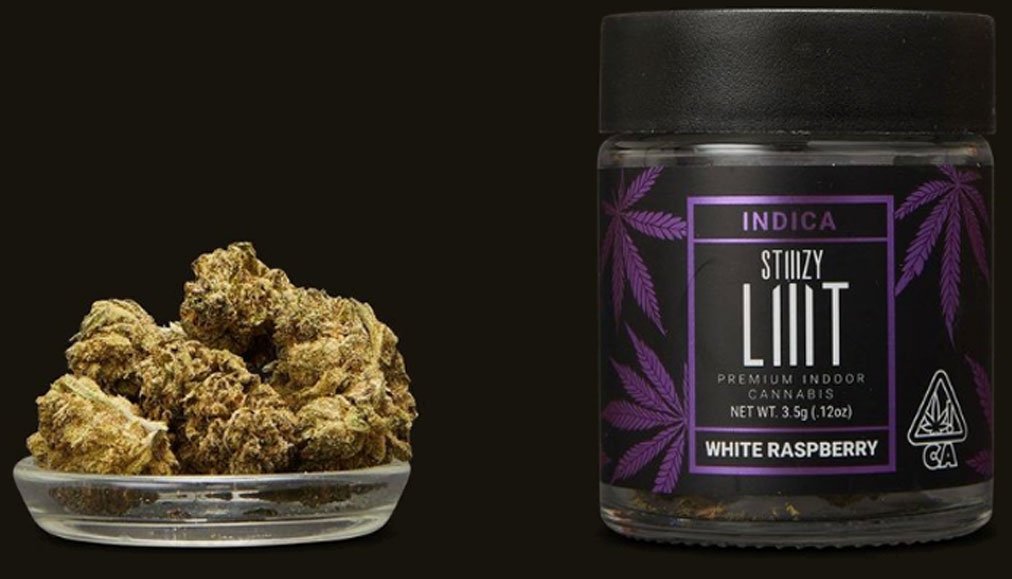Established in 1906, the FDA had shielded multiple generations of Americans from dangerous substances in food, drugs, and supplements. The FDA is particularly concerned with labeling used on consumer products, and it’s the watchdog keeping the CBD industry honest.
One FDA page, in particular, can tell you so much about this federal government agency and its importance in the unfolding story of cannabis in the United States. Titled “FDA and Cannabis: Research and Drug Approval Process,” this page acknowledges interest in medicinal cannabis and details the FDA’s ongoing efforts to ascertain the validity of cannabis as a therapeutic substance.
At Best Dosage, we use this page and other pages on the FDA website to stay abreast of this agency’s latest moves. They have the potential to, and commonly do shake the cannabis industry to its core.
FDA quick facts
1. The United States Food and Drug Administration (FDA)
2. Established in 1906
3. Oversees labeling standards and purity requirements for food, drugs, and supplements
4. Holds vast power over cannabis and especially hemp
The FDA has helped normalize medicinal cannabis
Let’s focus first on the inarguably positive aspects of the FDA’s impact on cannabis. Over the last few decades, the FDA has approved a handful of cannabis-based drugs on a prescription basis.
Prescribed for a handful of strictly specified conditions, drugs based on THC and CBD have proliferated due to the FDA’s approval. This tacit acknowledgment of the therapeutic benefits of cannabinoids has become a major piece of evidence supporting the validity of the recreational and medical cannabis industries.
This federal agency supports cannabis research
The FDA has loudly and frequently let its voice be heard on the subject of CBD. These opinions have become increasingly matter-of-fact in the wake of the 2018 Farm Bill, but the FDA still takes a more speculative tone when talking about THC.
Essentially, it’s the FDA’s job to make sure that cannabinoids like CBD and THC are well-researched before drug and supplement manufacturers start claiming that their cannabinoid-infused products treat certain conditions. There’s a running joke that you need a degree in linguistics to be an FDA employee, and there’s a reason why.
They make sense once you get used to them, but the FDA’s arcane rules regarding drug labeling have left more than one CBD manufacturer scratching its head. There’s a very strict framework regarding what can and can’t be said about cannabinoids and their effects.
As research confirms that cannabinoids are, indeed, therapeutically effective for certain indications, the FDA’s linguistic rules sometimes loosen up. Running afoul of the FDA’s strict language standards, however, can lead to federal penalties.
The FDA website is a treasure trove of cannabis information
If you’re ever curious about a particular facet of the federal government’s stance toward CBD, you can turn to the FDA website for the most definitive, up-to-date information available anywhere. The FDA is also a great source of information on new research into THC and other cannabinoids.
The FDA publicly posts information on drug approval processes for THC and CBD products, and this agency periodically releases updates on its stance toward CBD. Called “final rules,” these administrative changes often have stakeholders in the cannabis industry at the edges of their seats.
You can use the FDA’s website to predict its cannabis-related actions
Speculation remains rife within the cannabis and hemp industries. As extremely hot markets situated in unprecedentedly kafkaesque regulatory environments, this is to be expected.
Even if a respected cannabis lawyer or journalist guarantees that cannabis will be federally legal before 2024 or CBD will be classified as a supplement by the end of the year, it’s not true until the FDA says it is.
There’s a lot to unpack in the FDA’s polished, professional content. With enough time and dedication, it’s possible to unfold nuggets of information that afford you precious insight into this powerful federal agency’s upcoming actions.
Some things, like the legalization of cannabis, are outside the power of an Executive Branch agency like the FDA. By analyzing this agency’s actions on labeling and ingredient standards, however, it can sometimes be possible to predict upcoming cannabis actions taken by other components of the US government.
The FDA is the authority on what we can and can’t say about cannabis
Ultimately, we have to respect what the FDA has to say on CBD. This agency’s approval processes, research initiatives, and policy proposals make up the backbone of American hemp and cannabis legalization.
It’s not listed in the FDA’s overview of its ongoing cannabis approval process. All the same, this agency’s power over what can be said about hemp and cannabis affects these industries perhaps more than any other factor.
In the olden days of medical cannabis, you could say whatever you wanted about the effects of a certain strain. Many CBD companies at the beginning of the hemp rush took a similar approach, but punitive actions by the FDA quickly started molding the CBD industry into its current, compliant shape.
As people who write about cannabis, we have to be careful what we say. It’s also our job to make sure that people in the hemp and cannabis industries are educated regarding acceptable and unacceptable labeling and marketing verbiage, so staying on top of the FDA’s ever-changing website is doubly important.
FDA overall score
As a source of cannabis information, we give the FDA an almost-perfect score of 4.98 out of 5.
Authority: 5.0/5
Clarity: 5.0/5
Sourcing: 5.0/5
Topics: 5.0/5
Community: 4.9/5
There’s no mistaking the authority the FDA has over the cannabis and hemp communities. While somewhat stifled by legalese, we usually find the FDA’s content to be accessible and informative.
Regarding most subjects on which it writes, the FDA is already the most definitive source. The topics FDA content covers are vitally important to stakeholders in the cannabis and hemp industries.
In charge of policing inadmissible labeling language on CBD products, the FDA has put a lot of hemp entrepreneurs out of business. Even though these practices have ultimately made hemp products safer, we can’t help but dock the FDA a little bit for its sometimes turbulent involvement in the hemp and cannabis communities.

